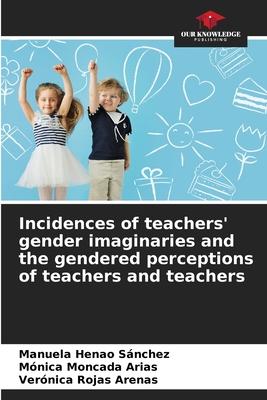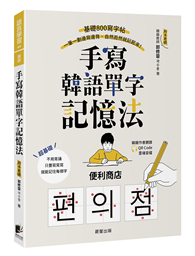This research work responds to the need to recognise the impact that teachers’ gender imaginaries have on early childhood children, from an intercultural perspective, in the school environment. For the development of the research, a hermeneutic approach is adopted, congruent with the qualitative methodology, which allows to go through the diverse transformations that have been configured from the subjectivities of each human being and that have been permeated by intercultural, social, political and educational contexts. In this way, results are obtained that make it possible to visualise the route that the research work has taken and that, according to the different collection techniques, a set of elements can be perceived, which show that not in all cases do teachers replicate and transmit these gender imaginaries to children, due to the fact that from the family, as the first socialising agent, ideologies and customs begin to be established that are reproduced in the daily life of the child, meeting with citizens and educational agents.
| FindBook |
有 1 項符合
Incidences of teachers’ gender imaginaries and the gendered perceptions of teachers and teachers的圖書 |
 |
Incidences of teachers’ gender imaginaries and the gendered perceptions of teachers and teachers 作者:Sánchez 出版社:Our Knowledge Publishing 出版日期:2023-12-23 語言:英文 規格:平裝 / 112頁 / 22.86 x 15.24 x 0.69 cm / 普通級/ 初版 |
| 圖書館借閱 |
| 國家圖書館 | 全國圖書書目資訊網 | 國立公共資訊圖書館 | 電子書服務平台 | MetaCat 跨館整合查詢 |
| 臺北市立圖書館 | 新北市立圖書館 | 基隆市公共圖書館 | 桃園市立圖書館 | 新竹縣公共圖書館 |
| 苗栗縣立圖書館 | 臺中市立圖書館 | 彰化縣公共圖書館 | 南投縣文化局 | 雲林縣公共圖書館 |
| 嘉義縣圖書館 | 臺南市立圖書館 | 高雄市立圖書館 | 屏東縣公共圖書館 | 宜蘭縣公共圖書館 |
| 花蓮縣文化局 | 臺東縣文化處 |
|
|
圖書介紹 - 資料來源:博客來 評分:
圖書名稱:Incidences of teachers’ gender imaginaries and the gendered perceptions of teachers and teachers
|











